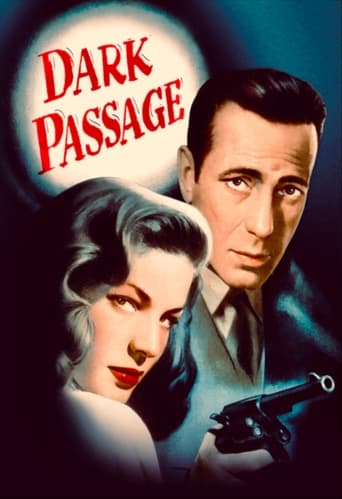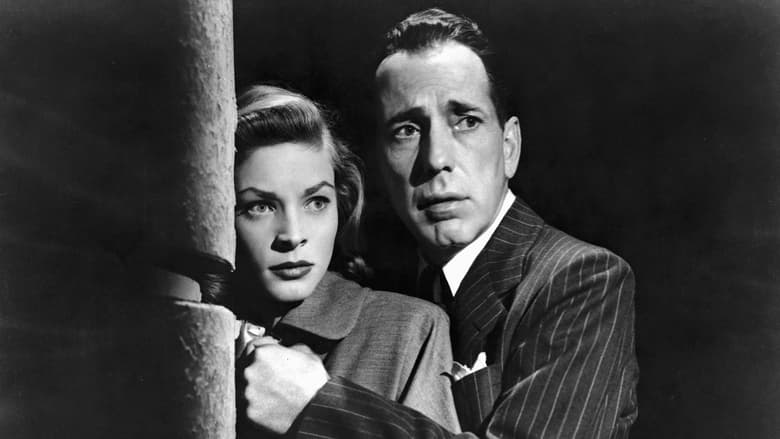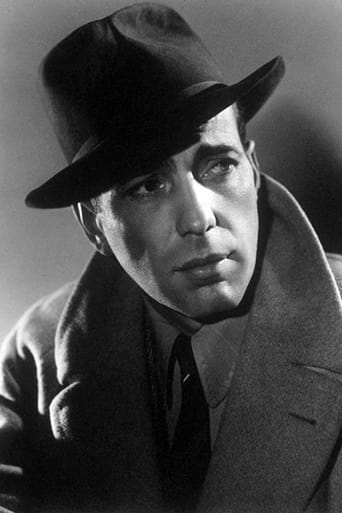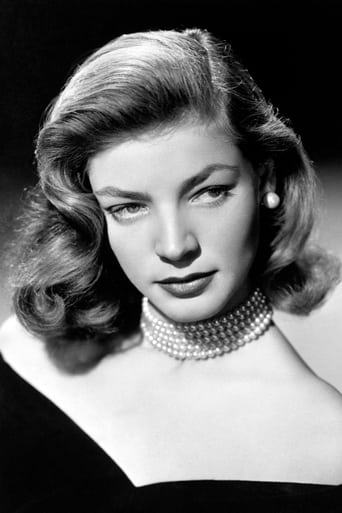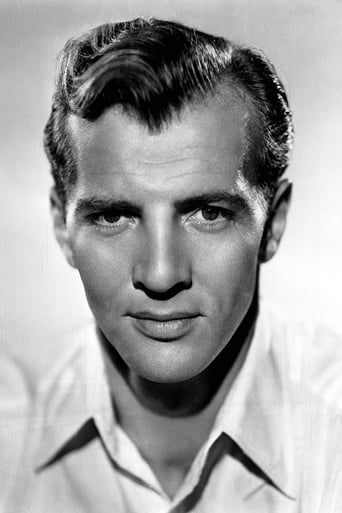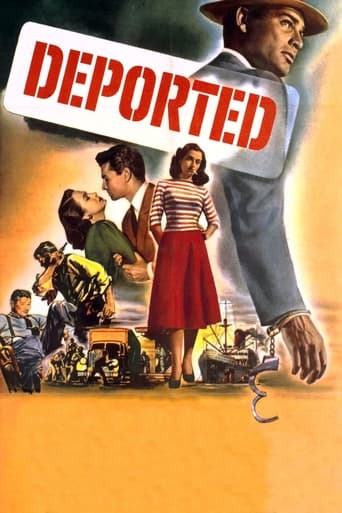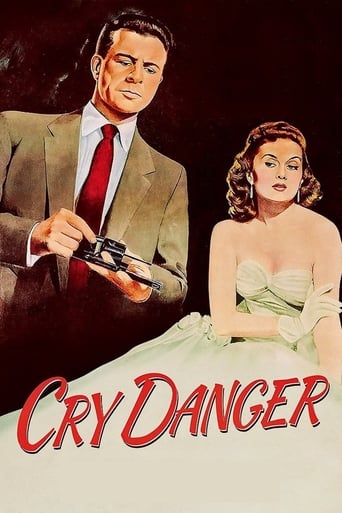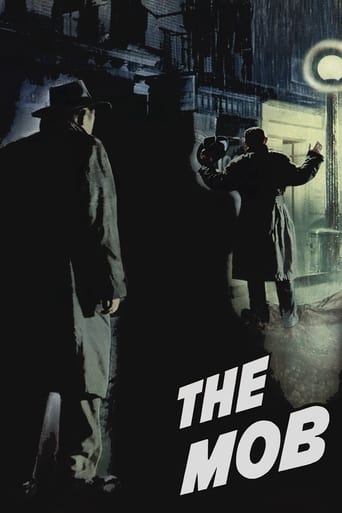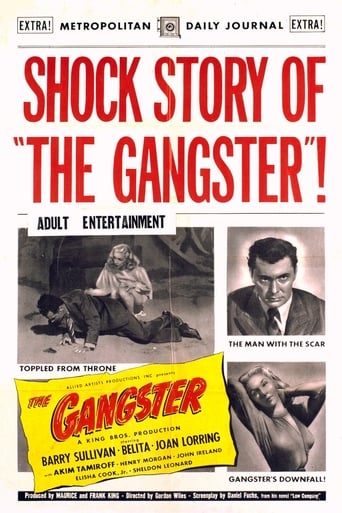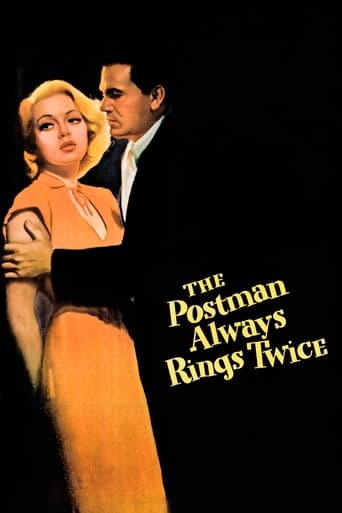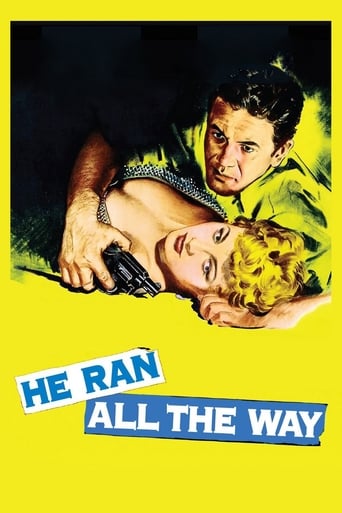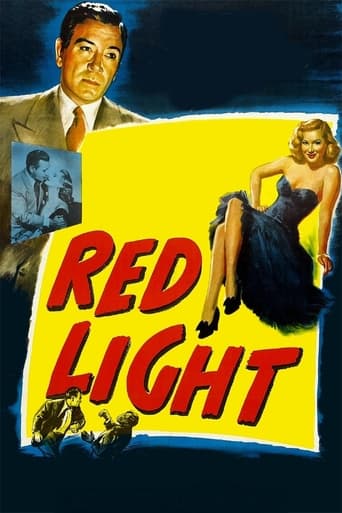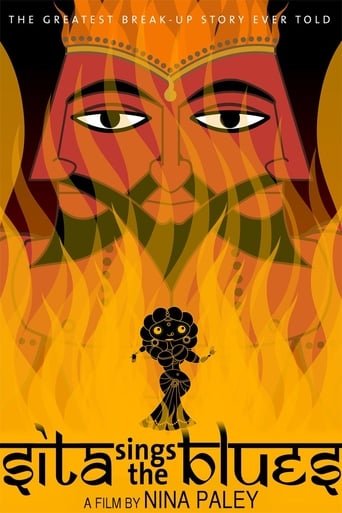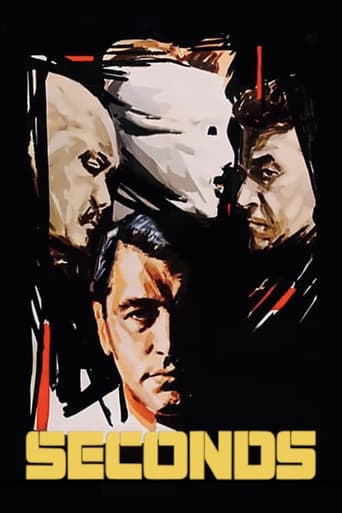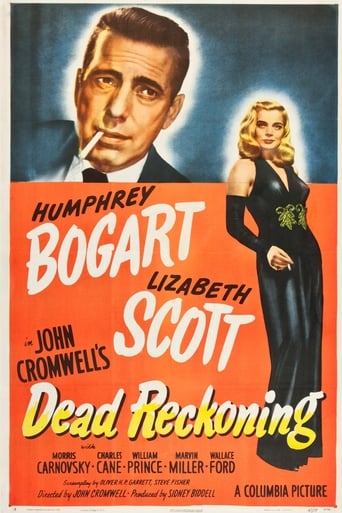Dark Passage (1947)
A man convicted of murdering his wife escapes from prison and works with a woman to try and prove his innocence.
Watch Trailer
Free Trial Channels
Cast


Similar titles
Reviews
Self-important, over-dramatic, uninspired.
Let's be realistic.
The acting is good, and the firecracker script has some excellent ideas.
The movie turns out to be a little better than the average. Starting from a romantic formula often seen in the cinema, it ends in the most predictable (and somewhat bland) way.
I love Bogey and Becall, but this is, by far, their weakest collaboration. The whole film felt disjointed to me. None of the characters' motivations made much sense and the "mystery" of the plot was too thin and uninterested.Bogart is Vincent, wrongly convicted of murdering his wife. He's recently escaped and needs to prove his innocence. Bacall is Irene, a woman who helps him for the very thinnest of reasons. Agnes Moorehead (Bewitched) is Madge, a former lover of Vincent's who is also a friend of Irene's. Bob (Bruce Bennett) is a current "friend" of Irene's although its not really clear just how friendly they are. Clifton Young is a creepy guy named Baker who tries to capitalize on Vincent's predicament. Finally, Rory Mallison is Vincent's only real friend, George.Most of the scenes are through Vincent's eyes so you never see what Vincent looks like. He decides to get plastic surgery to change his appearance and, lo and behold, he looks like Humphrey Bogart. The plot device was poorly handled, but it was better than its use in Lady in the Lake. As I said earlier, the plot was very weak. I never got a feel that Irene's reasons for helping Vincent made a lot of sense. The search for the real killer was not very interesting and its ultimate reveal was anti-climatic. Bob is a throw away character who seems present just to give you another character to think about as the killer. Madge is over-the-top and unconvincing as someone Vincent would be interested in. Baker is an interesting guy, but he too is such a dolt, that his plans are pretty dumb. Mallison is good as Vincent's friend, George, and I wish they could have had more scenes together as Bogart and Mallison had some good chemistry, but it wasn't developed so you never really felt their comaraderie. Lastly, the fact that Vincent, Irene, and Madge all run in the same circles, but Vincent and Irene did not know each other was a bit too coincidental for my taste. It actually would have advanced the plot, in my opinion, if they did know each other prior to the events of the film. There was absolutely zero chemistry between Bogart and Bacall in this movie. Odd, since they were married at the time and would be so good together a year later in Key Largo. I'm gonna put this on the director Delmer Daves because the movie felt completely awkward from start to finish. As a lover of film noir, this was a disappointing entry in the genre.
Not sure I can recall a movie with more plot contrivances, or weak attempts to explain them away. How can you get invested when your intelligence is being insulted in every scene. Admittedly, the POV camera is a lot less irritating than in Lady of the Lake. It helps that we're either enjoying some fine supporting performances or gawking at Lauren Bacall. By the way, the POV camera on Bacall during the dinner scene allowed me to take a good long look at her eyebrows. They don't match her actual eyebrow line. They have a painted-on arch like a character in the 1960s Batman TV series. But goodness she was beautiful. This is a snoozefest, though. Who puts Bogey in a movie, only to have him invisible for 45 minutes and a head-bandaged mute for another 20? Maybe one of the most incomprehensible decisions in movie-making's Golden Era. I'd liken it to the Edsel and New Coke.
Watched Dark Passage with Bogart and Bacall the other night (innocent man convicted of killing his wife escapes prison, tries to prove he's not guilty). What struck me this time (because I've seen this movie, like many of the classics, many times over), was how a movie made in the 1940s had, as an underlying message, intentionally or not, that justice doesn't always prevail in this country, that sometime the innocent go to jail, and the guilty are never proved to be guilty. A plot that is based on an imperfect justice system, and in a country where truth doesn't always triumph, isn't something I wouldn't think I'd find in a movie made during this more patriotic period in our country's history. I would have expected (and probably did the first time I saw the movie) that Bogart's character would have proven his innocent in the end. It is a bit of shock that -- as true as it may be in real life -- in the movie the good guy is not able to set the record straight. But it's not a depressing movie for two reasons. One is that there are so many people -- most total strangers to him -- that try to help him: the taxi driver who takes him the plastic surgeon, the surgeon himself, his old one and true friend, and, of course, Bacall's character, a woman's whose own father suffered the injustice of the justice system and ended up died in prison. Improbable as it is that these people would aid and abet a convicted murderer, it's comforting to have the movie show that, even though the system may not always work, you can count on people to both know the truth and to go to great lengths to help you. It's also not a depressing movie because we are treated to a happy ending. Though he'll never be free of guilt in this country, he does find happiness -- and with the girl -- in Peru. And that was the other surprise message that struck me this time viewing the movie - that a 1940s movie would show you that happiness can actually be found in a country other than the good old USA.
I watched Dark Passage about fifteen years ago and had not remembered much about it, but I recently became interested in the fiction of David Goodis. After reading the novel Dark Passage, I decided to give the film adaptation another chance. I was surprised by how faithful the film was to the Goodis source novel.Either the Production Code or the studio insisted on a few changes. Bob and Madge are turned, rather illogically, into a bickering, engaged couple instead of an estranged, married one. I suppose someone did not like the idea of Lauren Bacall's character dating (albeit, casually) a married man. In addition, Vincent's hallucinations during his surgery have been altered, so they no longer provide a clue to the killer's identity (they should have been dropped altogether). Finally, the film adds a final passage to the Goodis story to provide a slightly more optimistic ending (similar to what Shawshank Redemption added to "Rita Hayworth and Shawshank Redemption").Having acknowledged all of that, I am surprised by how much of Goodis's book remains. Goodis is a novelist of characters. Perhaps, then, I should not be surprised that the best scenes deal with supporting characters. The great scene between Vincent and the cabbie is almost verbatim from the book. Some might think that the scene stops the story, but it is a small, perfect sequence in both book and film (great playing between Bogart and Tom D'Andrea in that scene). The portrayal of Dr. Coley by Houseley Stevenson is dead on. The plastic surgeon may be world weary, but he has his own code of ethics. Finally, there is that great scene where Vincent with his new face calls on Madge Rapf (a perfect Agnes Moorehead). It's the one scene in the film that needed to be in color to highlight the orange motif, even if the dialogue is pure noir.This last example also highlights the film's one, big weakness. I know this is a minority opinion, but, I don't particularly like Lauren Bacall. Despite the fact that she and Bogart were a couple, I believe that Bogart had more screen chemistry with Ingrid Bergman (Casablanca), Mary Astor (The Maltese Falcon), Gloria Grahame (In a Lonely Place), and Ida Lupino (High Sierra). Meanwhile, Bacall has always struck me as a rather cold presence. I simply do not know what this Vincent would see in this Irene. By contrast, that scene between Vincent and Madge, where he is pumping her for information as she is contemplating a pumping of a different kind, is smoldering with sexual tension. Of course, in Vincent's case the tension is an act, but there is still more heat with Madge (act or not) than in any of the scenes with Irene.Lauren Bacall aside, Dark Passage is a good film. The film uses the San Francisco locations nicely. The film was daring in having Vincent's face being impossible to see for the first half (before he becomes Bogart). Lastly, there are those great characters brought to life by wonderful character actors. Of the three David Goodis's novels I have read, Dark Passage is probably my least favorite, even though it is a good read with great parts. The film adaptation of Dark Passage is as good as the novel. How often can one say that?

